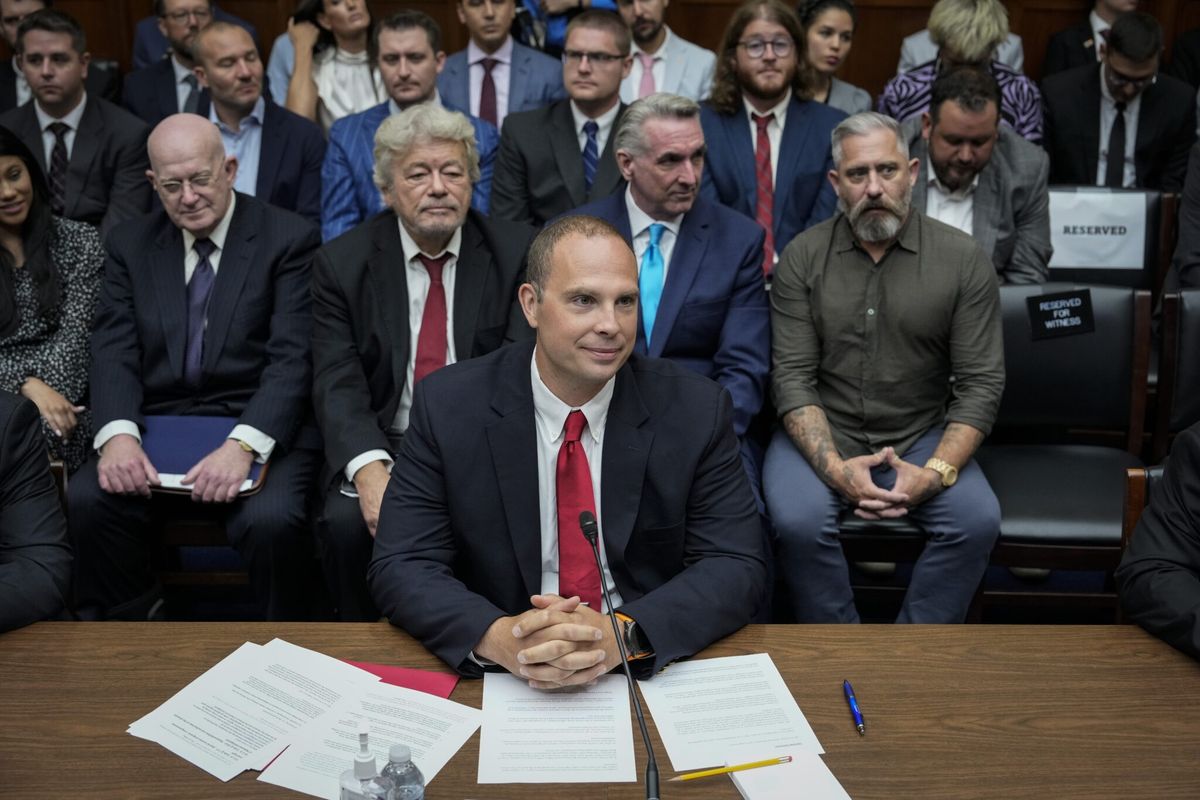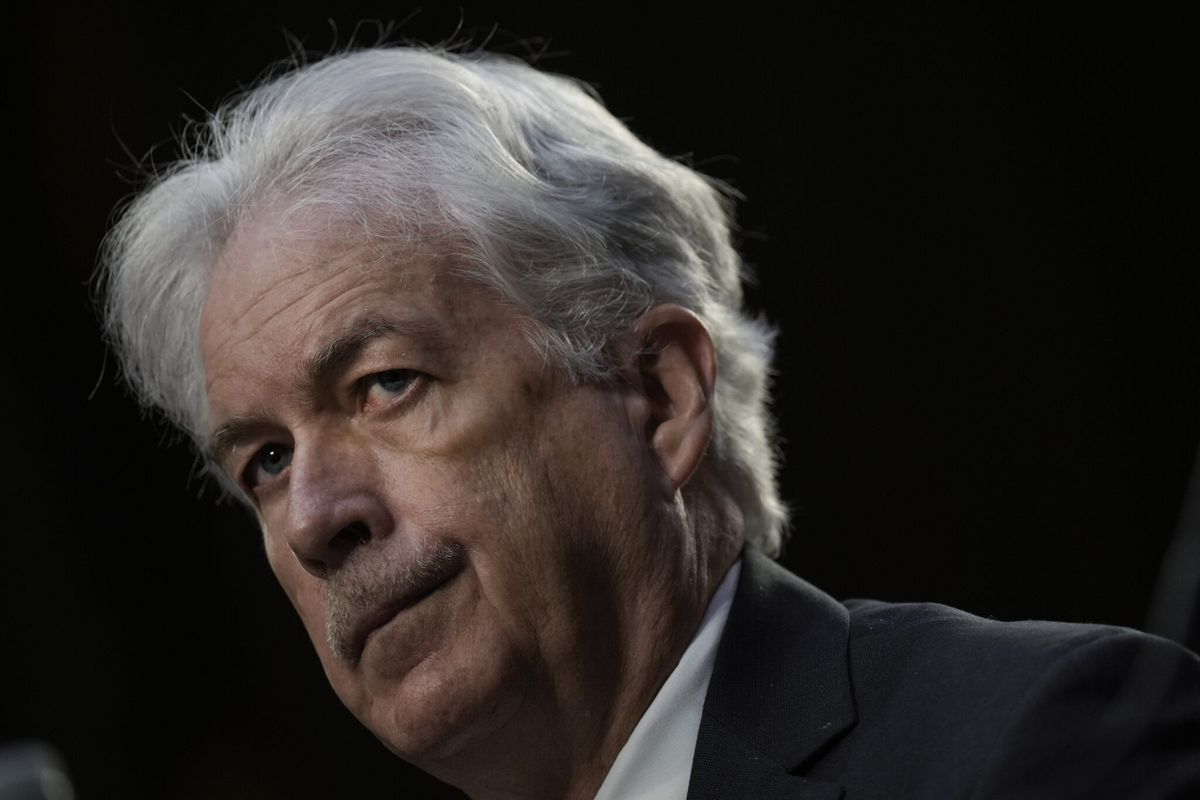CIPHER BRIEF REPORTING — A rare series of diplomatic overtures in Beijing were absent at least one “absolutely vital” ingredient, U.S. Secretary of State Antony Blinken said this week, which could help better stabilize relations between the world’s two largest economies.
Following his conversation with Chinese President Xi Jinping, and arguably the more substantive talks with his counterpart, Qin Gang, Blinken said Chinese leadership was not quite ready to restart military-to-military contacts — something that Washington has long viewed as a critical tool in avoiding a deadly miscalculation in the Taiwan strait, a region where China recently staged one of its biggest military drills on record.
“It is absolutely vital that we have these kinds of communications,” Blinken said. “This is something we’re going to keep working on.”
Earlier this month, the Pentagon released footage of what it called “unsafe” maneuvers after a Chinese guided-missile destroyer veered in front of an American destroyer. And yet with Beijing having cut off military contacts last year surrounding then House Speaker Nancy Pelosi’s Taiwan visit, the two nations have had limited ways of walking back escalations.
Such exchanges are thought to be particularly important with China’s so-called gray zone tactics — or strong-arm activities that stop just short of armed conflict — which are widely considered a growing part of Beijing’s broader strategy in the region. And yet developments some 4,000 miles away may also be changing the very nature of Beijing's calculus, especially as it relates to Taiwan – an island that China has long claimed as its own.
In light of the Russia-Ukraine war, where the Ukrainian military and people have demonstrated an unexpected proficiency and resilience, and where western powers have thus far shown an effective response in weapons provisions and intelligence dissemination, “it's reasonable to think about [the] non-kinetic solutions” that Beijing might now be considering to more effectively influence Taiwan, said Rear Adm. Mark Montgomery (ret.) during an Atlantic Council briefing on Friday.
Follow Cipher Brief CEO & Publisher Suzanne Kelly on LinkedIn and Twitter for exclusive behind-the-scenes images from The Cipher Brief's Kyiv Economic and Security Forum.
Rewind the clock two years and Russian President Vladimir Putin “was having a pretty successful run in non-kinetic gray zone operations against Ukraine,” said Montgomery, Cipher Brief Expert and Senior Director at the Center on Cyber and Technology Innovation at the Foundation for Defense of Democracies. “He was doing a pretty admirable job of trying to undermine the credibility of the government, grab significant swaths of territory, monkeying around with the economic development and productivity of Ukraine.”
“If he could rewind the clock,” Montgomery added, “he might think about a non-kinetic approach to whatever goals he was looking for.”
Apply that thinking to Taiwan, where voters will head to the polls to elect their next president and legislature in January — having to decide between the country’s ruling party, set on self-governance and political independence, and opposition groups that could favor closer ties with Beijing — and it is “absolutely appropriate to think about, prepare, and make yourself ready for a non-kinetic scenario,” he said.
While Taiwan’s President Tsai Ing-wen is barred from running in that election due to term limits, her party’s main opposition leadership made notable visits to China in February, which included meetings with the Communist Party’s highest-ranking officials. New attention, meanwhile, is also focused on a recent political upstart, known as the Taiwan People’s Party (TPP), which recently surprised Taipei's political establishment by polling at more than 22 percent support, according to recent surveys, and thus giving the island for the first time three viable political parties.
Adding to Washington's concerns, the TPP is led by Taipei’s former mayor, Ko Wen-je, who forged closer ties with Beijing during his mayorship, and is thought to be among China’s more desired candidates.
“Everybody is paying attention to the political developments in Taiwan, particularly leading to the January election,” said Taiwan’s former defense minister Andrew Nien-Dzu Yang, during Friday's briefing.
It is a familiar playbook, however.
Perhaps in a nod to Beijing’s so-called "three warfares" doctrine, a decades-old framework that places information-related non-kinetic operations into three distinct categories – 1.) strategic psychological operations, 2.) disinformation and media manipulations, and 3.) use of the host country’s legal systems – security experts note a heightened focus on not only political influence campaigns toward Taiwan, but also of broader cyber actions against the island and its allies.
There is a “very constant disinformation campaign emanating from China towards Taiwan and others in the region," said Montgomery, who is expected to further address strategies for cyber partner capacity building on June 28 at the Cyber Initiatives Group Summer Summit. “I don't believe that China's in a position to do a lightning strike right now,” he added, stressing that “the most important element there is, is building the cyber resilience of Taiwan.”
"If you can build your cyber resilience, which is both your critical infrastructure and your ability to withstand disinformation, you'll be in a much better shape, whether it's a non-kinetic alone or non-kinetic as part of a broader kinetic scenario.”
To harden that capacity, Montgomery added, “the United States can work with Taiwan to assess the stability of the security and safety of their various critical infrastructures,” and also send over “Hunt-Forward operation teams that sit side-by-side with their Taiwan counterparts.”
Read more expert-driven national security insights, perspective and analysis in The Cipher Brief because National Security is Everyone’s Business.












